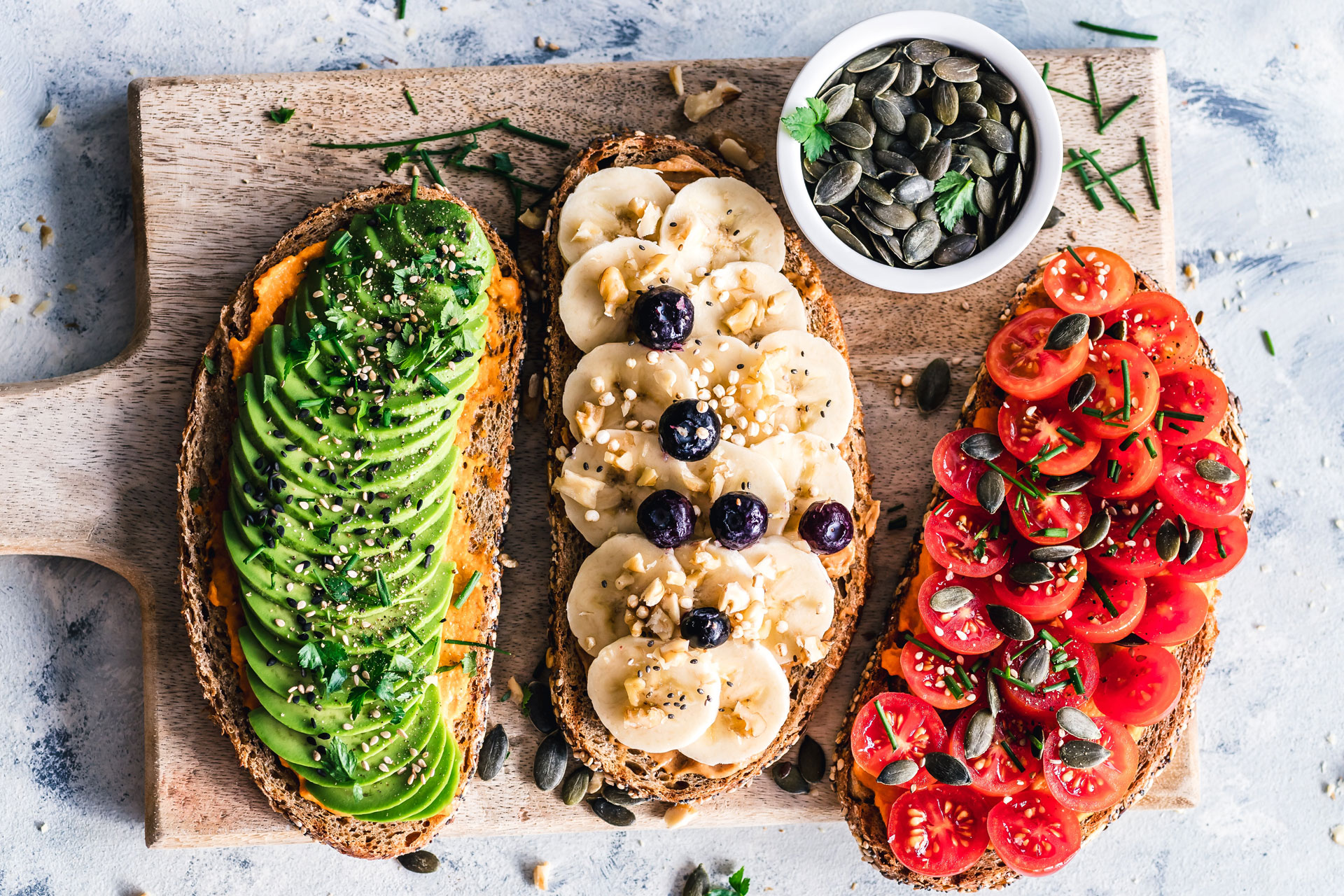What is Intuitive Eating?
By
3 years ago
The latest wellness trend is an antidote to diet culture

Whether it’s only eating sirtfoods, drinking celery juice each morning or going full keto, every January we’re bombarded with stories about the hot new diet. Yet a growing food movement is encouraging us to throw in the rule book and eat what we want, when we want. It’s called intuitive eating, and it’s set to gain traction this year as more and more of us try to cultivate a more mindful relationship with food. But how does this work in practice?
Often billed as an ‘anti-diet’, intuitive eating involves listening to your body and following your hunger cues. Instead of following a restrictive or specific eating plan, it’s about bringing enjoyment back to eating. As nutritionist Rhiannon Lambert explains: ‘When you are constantly dieting and/or trying to lose weight, food choices come with a side of guilt and perhaps little enjoyment, due to the fact that you have likely made your decision in regards to what to eat, based on what you think you ‘should’ be eating.’ She uses the example of when you fancy a chocolate bar, but think it has too much sugar so opt for a ‘low-calorie snack’ instead. But afterwards, you might feel unsatisfied and keep snacking. ‘If you had just listened to your body and had the chocolate bar, you likely would have satisfied your stomach and not needed to overeat,’ she adds.

Unsplash
Intuitive eating isn’t a new concept. Back in 1993, dieticians Evelyn Tribole and Elyse Resch published the first book on the topic after growing disillusioned with traditional weight loss methods. Titled Intuitive Eating: An Anti-Diet Approach, the guide was built upon ten major principles, ranging from ‘honour your hunger’ to ‘feel your fullness’ and ‘make peace with food’.
Yet the ‘90s were still riddled with fad diets, from the low-carb, high-protein Atkins to the South Beach Diet popularised by Florida-based cardiologist Dr. Arthur Agatston, which placed fats and carbohydrates on lists of ‘good’ and ‘bad’. Tribole and Resch continued to spread their ideology, publishing multiple new editions of the book in line with scientific research and cultural changes – but it wasn’t until recently that the movement really began to take off.
So what’s behind the shift in narrative? In part, it’s a result of increased research surrounding food and health, with an ever-growing body of science proving most diets don’t actually work long-term. Alongside this, society is placing more focus on self-compassion – particularly during the pandemic era, a time in which many have found comfort in being kinder to themselves. Intuitive eating has grown in tandem with the body positivity movement, spurred on by feel-good, inclusive influencers like Tally Rye, who fights against diet culture through her Instagram.
View this post on Instagram
There’s plenty of evidence to show the benefits of intuitive eating. One review of 24 studies published in 2014, for instance, linked it to greater appreciation and satisfaction, along with higher motivation to exercise. Another review in 2014, meanwhile, found that intuitive eating has positive psychological benefits such as better self-esteem and quality of life. Keen to get involved? We highlight the key principles below, as outlined in Tribole and Resch’s most recent book.
- Reject the diet mentality
- Honour your hunger
- Make peace with food
- Challenge the food police
- Discover the satisfaction factor
- Feel your fullness
- Copy with your emotions with kindness
- Respect your body
- Movement – feel the difference
- Honour your health – gentle nutrition
READ MORE:






